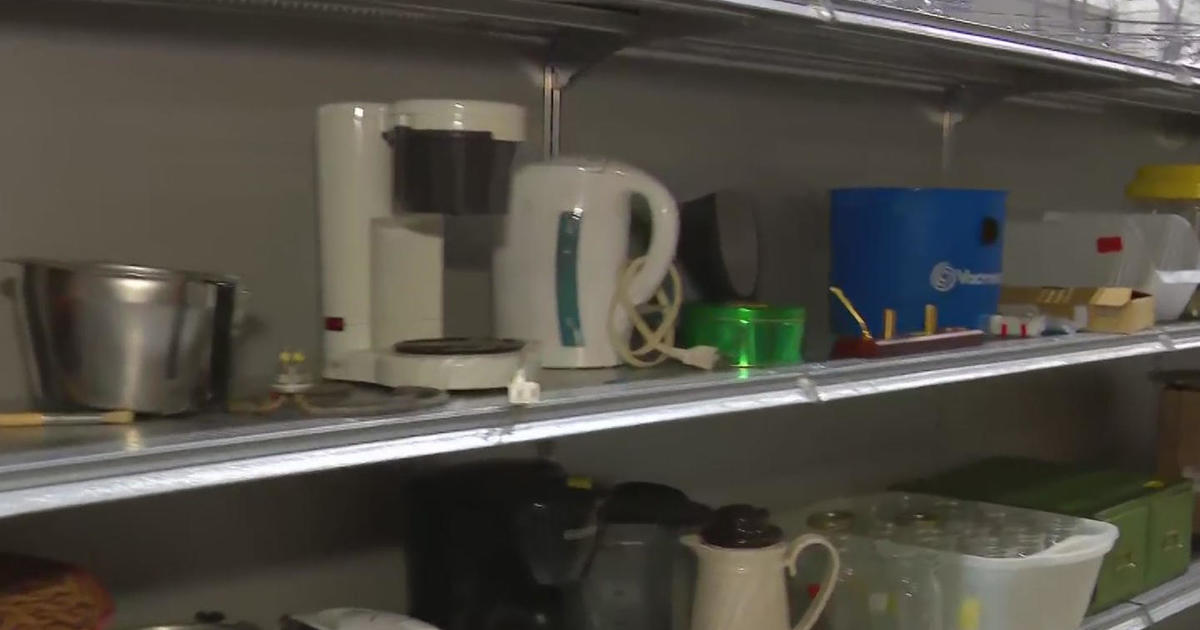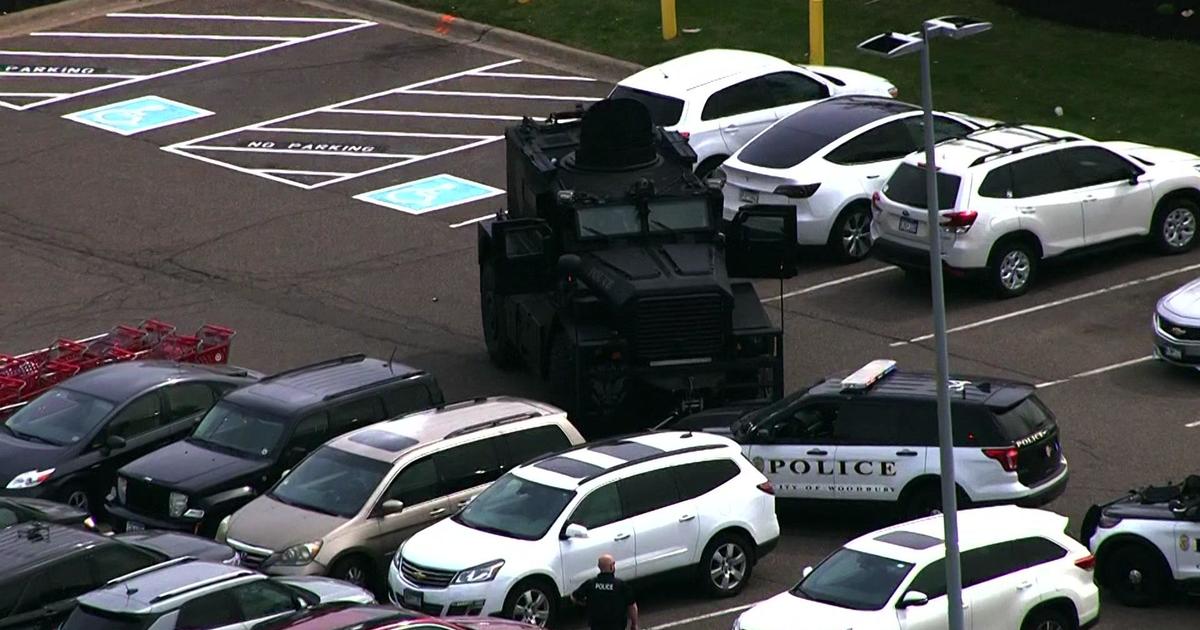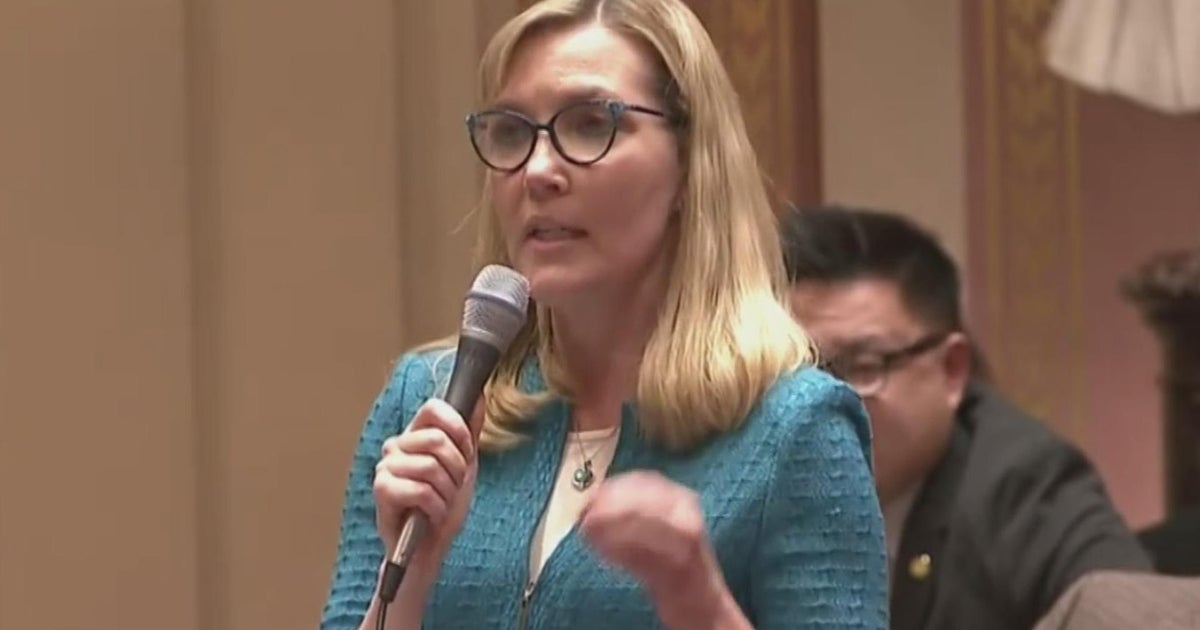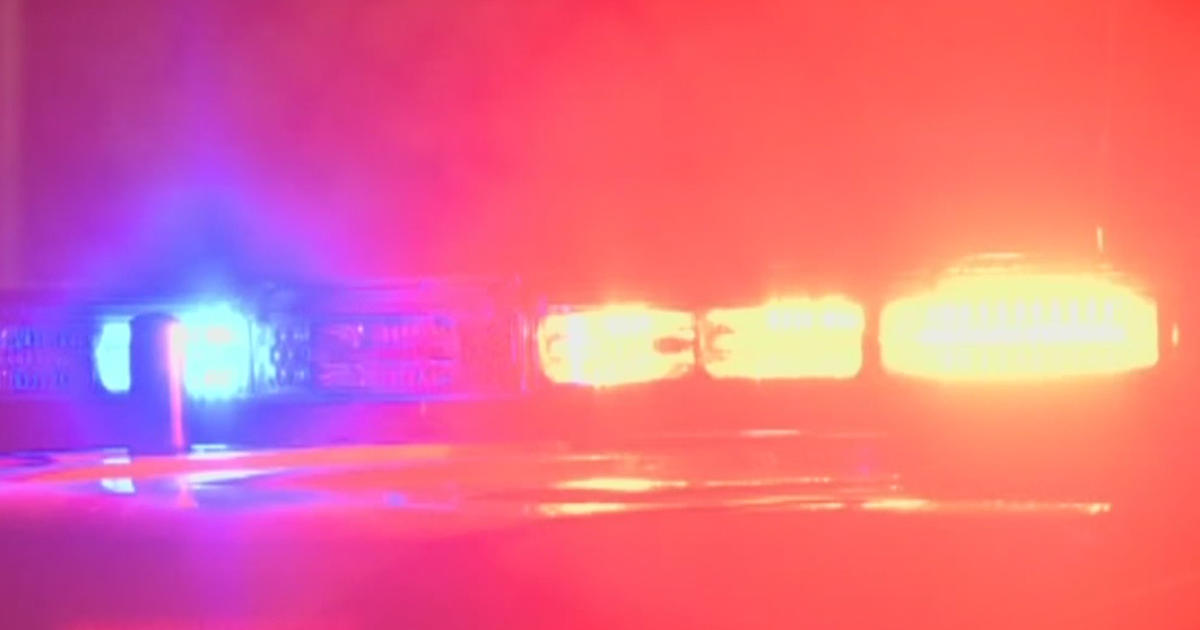Drug Recognition Program Revamped After Controversy
MINNEAPOLIS (AP) — Big changes are in store for a program meant to help law enforcement take impaired drivers off the streets.
State leaders are revamping the Drug Recognition Evaluator (DRE) training program after allegations of misconduct during the Occupy protests at Peavey Plaza last spring.
Witnesses posted videos online, and claimed an officer was offering drugs to protesters to get them to participate in the program.
No charges were filed, but the Hennepin County attorney wanted a review of the program, which relies on impaired volunteers.
Public Safety Commissioner Mona Dohman also suspended the DRE program during the investigation.
DRE training has long been the program to help law enforcement spot drivers under the influence of drugs.
"Detecting drug impairment is different than processing and identifying a drunk driver," Dohman said.
Identifying drug impairment is a skill that takes extra education. Minnesota's DRE program relied on volunteers who were willing to get high and then spend time with officers in training. The goal was to help officers identify the drugs the volunteer had taken through testing and questioning.
That expertise allows the officer to be an expert witness when a DWI goes to court.
"Our main focus and goal is to reduce impaired drivers on our roads and highways," she said.
Under the new guidelines, the concept stays the same but the location will change. Officers will now finish field training in California.
While a schedule is not set, State Patrol is planning on sending two classes of eight per year. Previously, the classes were much larger.
According to Col. Kevin Daly, chief of the State Patrol, the trips to the West Coast will help them rapidly train officers.
"In the past, it's taken weeks for students to achieve the required number of subject evaluations in Minnesota. The California certification process will take days," Col. Daly said.
California's program doesn't rely on volunteers. Drug impairment alone is enough for arrest, offering more opportunity for trainees to reach the requirements.
"This will make field evaluations efficient and cost effective, even with travel," he said.
Other changes to the DRE Program include more program oversight and field supervision. There will also be more improved communication of rules and expectations.
The program is expected to resume within the next few months.
"These improvements address concerns raised by the Hennepin County attorney and those raised during internal review," Col. Daly said.
While the DRE program has been on hold for a year, it did not affect the work of the 188 officers who are already trained, and who've helped with the arrest and conviction of impaired drivers.



